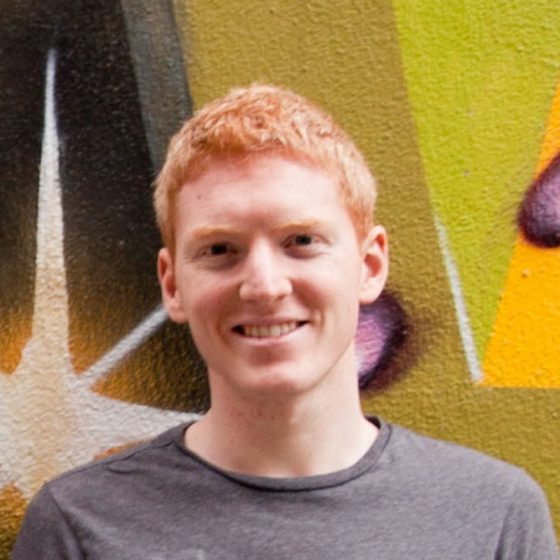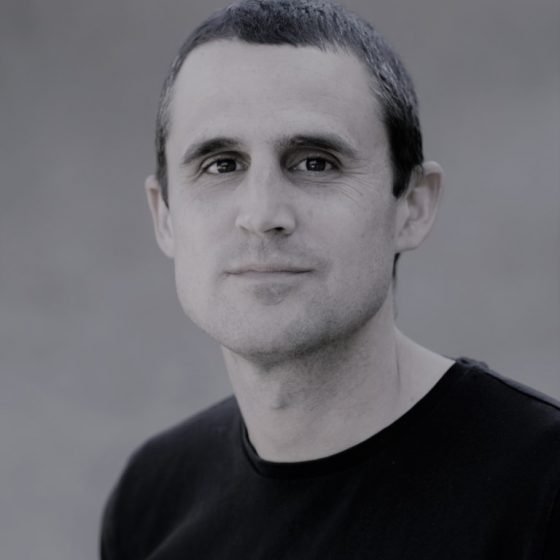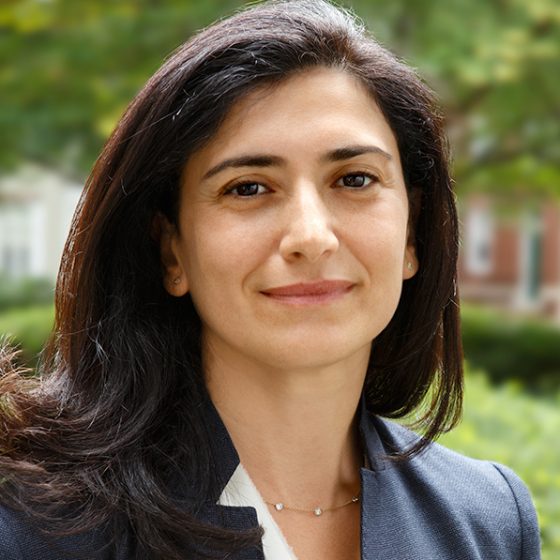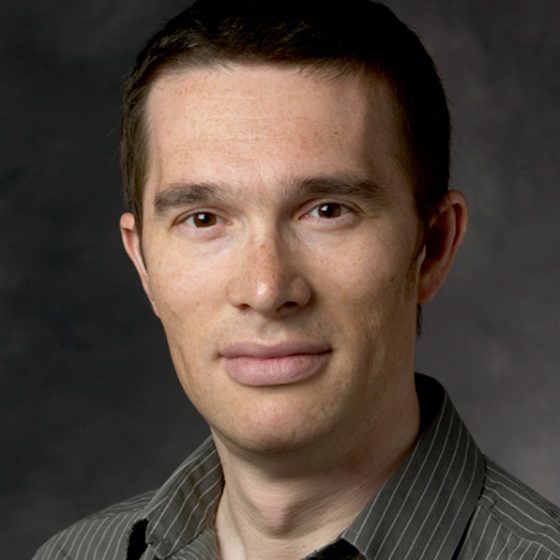Project Goal
The United States invests billions of dollars in scientific research each year and a large share of this funding goes to principal investigators (PIs) across thousands of research laboratories nationwide. The NIH, the single largest funder of medical research in the world, annually invests on the order of $41.7 billion (NIH 2022) and the NSF manages a general research budget of $8.8 billion (NSF 2022).
To a large extent, these labs have historically been treated as a black box: research funding comes in, research papers and new discoveries come out. However, understanding the mechanics of the “production function” of knowledge inside these labs is critical to identifying the determinants of scientific research productivity, as well as labs’ efficiency in training future generations scientists.
Why management?
Right now, our state of knowledge about the “organization of science” – that is, how scientific labs organize their work and the activity of scientists in labs – is largely limited to anecdotes. Those anecdotes, however, are concerning as they suggest that many scientific labs are mismanaged, and that a lack of managerial training of PIs contributes to unhealthy laboratory practices and cultures (Van Noorden 2018). Going beyond anecdotes and systematically measuring the quality of organizational practices at scientific labs is a crucial first step towards addressing these issues. Only by understanding the landscape can we identify bottlenecks, work towards providing adequate managerial training to prospective PIs, and re-organize science production in the most efficient way.
PROJECT TEAM (alphabetical)

Pierre Azoulay
Pierre Azoulay is the International Programs Professor of Management at the MIT Sloan School of Management.

Matt Clancy
Matt Clancy is a research fellow at Open Philanthropy and is a senior innovation economist at the Institute for Progress.

Patrick Collison
Patrick Collison is the co-founder and CEO of Stripe. Patrick Collison is the co-founder and CEO of Stripe. Patrick Collison is the co-founder

Paul Niehaus
Paul Niehaus is an Associate Professor of Economics at UC San Diego and the co-founder and current director at GiveDirectly.

Raffaella Sadun
Raffaella Sadun is Charles Edward Wilson Professor of Business Administration at Harvard Business School.

Daniela Scur
Daniela is an Assistant Professor at the Dyson School of Applied Economics and Management at Cornell University.

John Van Reenen
John Van Reenen is the Ronald Coase Professor of at the London School of Economics. John Van Reenen is

Caleb Watney
Caleb Watney is the co-founder and co-CEO of the Institute For Progress. Caleb Watney is the co-founder and co-CEO of the Institute For Progress.

Heidi Williams
Heidi Williams is the Charles R. Schwab Professor of Economics at Stanford University. Heidi Williams is the Charles R. Schwab Professor

